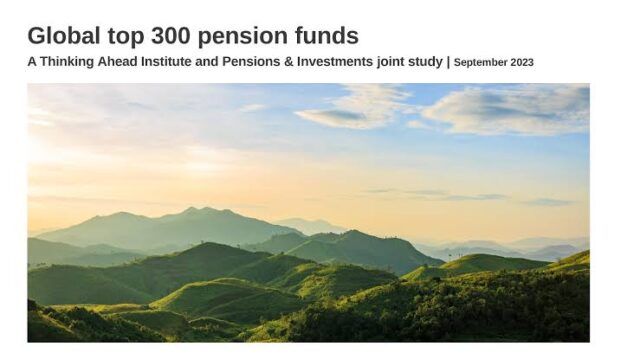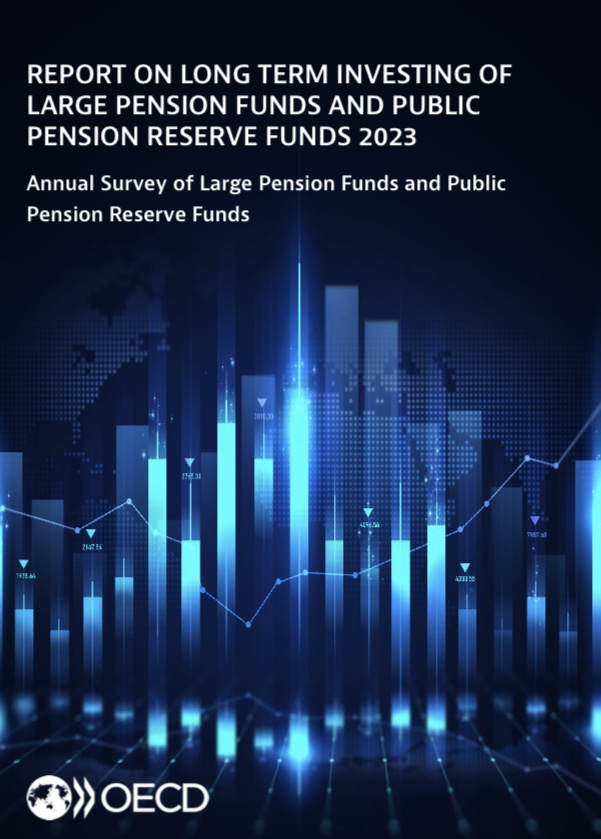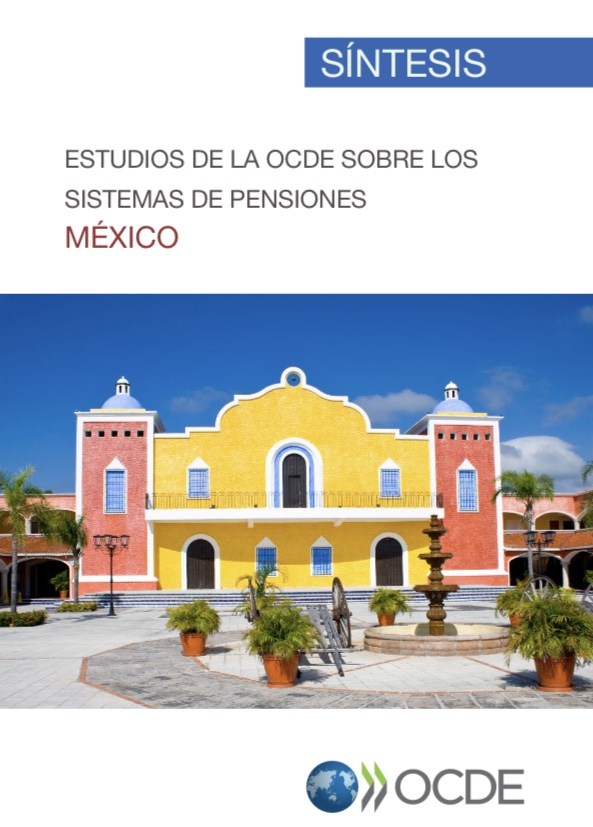El Sistema Nacional de Pensiones y la política de endeudamiento en el Perú: financiamiento de las reformas paramétricas en crisis pandémica
Por Luis Alberto Quintana García En el presente trabajo se analiza el problema del financiamiento de las reformas paramétricas realizadas al Sistema Nacional de Pensiones (SNP) del Perú, en el periodo de la pandemia, para lo cual, se inicia con un estudio sobre el estado en el que se encuentra el SNP y cómo llega al contexto de la pandemia; posteriormente, se examina el proceso de implementación delas reformas paramétricas, a través de la revisión crítica del proceso de promulgación...










